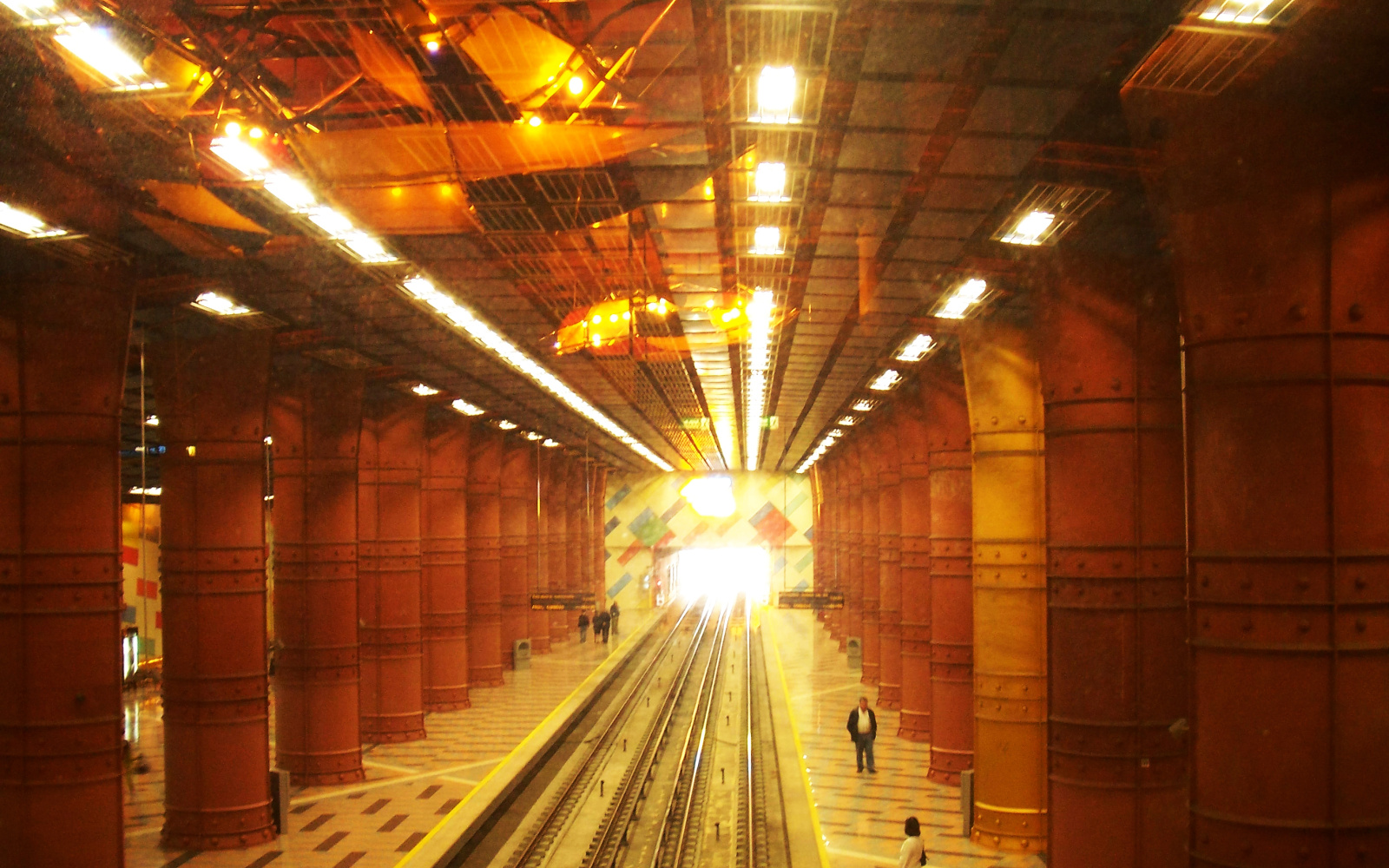Andreas Hetzel
The Politics of Fiction in Cinema
The lecture examines the political implications of the distinction between fact and fiction. Defining something as fact often goes along with the goal to determine a contingent form of reality as the only possible reality that is unavoidable and allows no alternatives. Movies question borders between fact and fiction in different ways, so they always intervene in a field of reality-politics. Using the aesthetical writings of Jacques Rancière, I will show that art has not only the power to transform regimes of visibility, but also to transform regimes of reality. The visibility and reality of certain things, persons, and groups depends on regimes of sight, which could be supported as well as undermined by works of art. Movies are not only defined by a capacity of redrawing the borders between the visible and the invisible, but also by a capacity to subvert the supposed distinction between fact and fiction. Rancière brings this point forward in his interpretation of Chris Markers 1992 documentary, The Last Bolshevik, which creates a pictorial language beyond documentary and fiction. I will ask whether and how certain films reject the alleged distinctness of fact and fiction and thus “recognize the non-difference between the true and the false, the real and the imaginary” (Foucault) as their condition of possibility. By establishing a space of indifference of fact and fiction, some films undermine the naturalization of the world, which became the main task of modern science and philosophy. I will focus on movies that explore, walking in the footsteps of Marker, the line between fictional film and documentary (Pedro Costa, Chantal Akerman, Askan Breuers “Undocumentary”); but, I will also look at films like Alain Resnais’ L'Année dernière à Marienbad, which problematize the possibility of a demarcation line between fiction and non-fiction within fiction.
